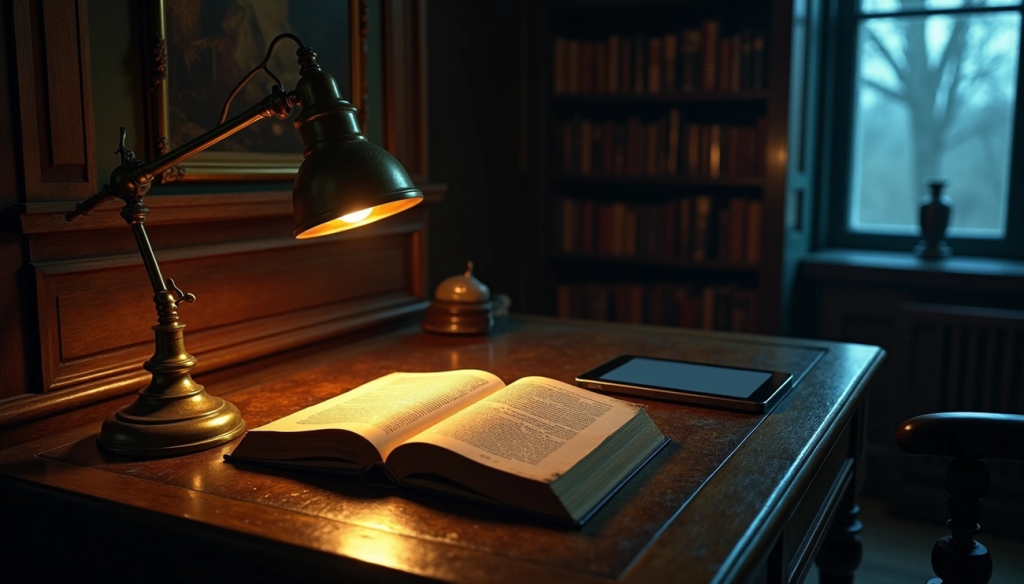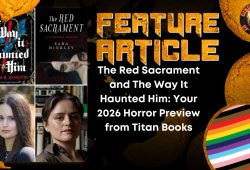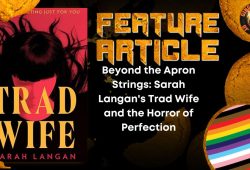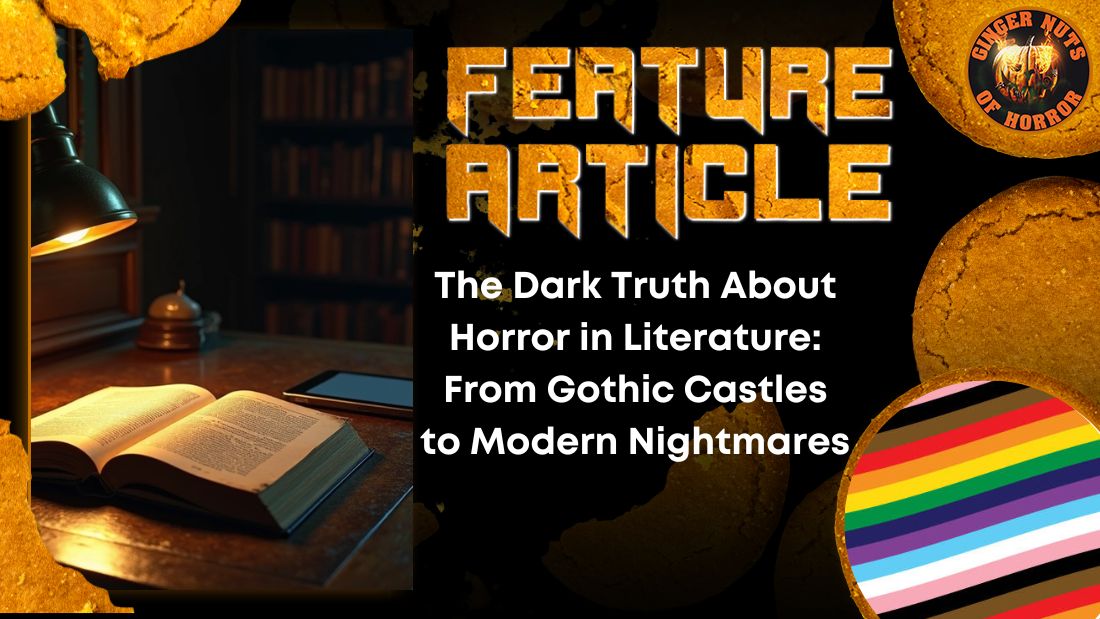The Dark Truth About Horror in Literature: From Gothic Castles to Modern Nightmares

Horror literature has taken readers on an incredible trip through centuries of changing fears. These stories originated in medieval castles with supernatural terrors. However, they have become complex psychological tales and socially aware narratives today. They fascinate readers with stories of supernatural beings and the unknown.
Interestingly, reading horror literature shows more than just a genre. It reveals a basic human experience. This is because fiction’s dark corners allow you to face your deepest fears safely. Let us explore how this lasting genre continues to fascinate and terrify readers of every generation.
Gothic To Contemporary: The Literary Roots Of Horror
Horror fiction’s literary roots began with Horace Walpole’s The Castle of Otranto. It appeared in 1764 as a supposed translation of an ancient Italian manuscript. However, he later revealed this claim as fiction. This creative deception gave birth to Gothic horror.
The genre was defined by decaying medieval castles and ruins, and oppressive, inescapable environments. It also featured questions of morality, human temptation, and battles between humanity and supernatural forces.
Fortunately, the genre’s scope expanded with the release of Ann Radcliffe’s The Mysteries of Udolpho in 1794. It featured a dark, aristocratic villain who threatened a clever heroine. Later, it was followed by Mary Shelley’s Frankenstein in 1818 and Charles Maturin’s Melmoth the Wanderer in 1820. These also brought an important change to Gothic horror.
The Psychological Turn: Horror Inside The Mind
The horror genre has changed dramatically over time. It transferred from external environments to the mind’s internal landscape. As a result, psychological horror emerged as a powerful subgenre. It specifically focused on mental and emotional states to frighten, disturb, or unsettle readers.
Traditional Gothic tales featured supernatural elements. But psychological horror explores the darker corners of human consciousness. It works by exploiting your primal fears and exposing common psychological vulnerabilities that most people repress or deny. Notably, fear works on three distinct levels. They include your mind, heart, and gut, which are exploited by this subgenre.
You see yourself reflected in the narrative through relatable characters with believable flaws and fears. It makes the horror experience intensely personal. This connection explains why psychological horror strikes a chord so deeply. In fact, the fascination with fear has extended beyond literature to films and gaming, where creators capture the same chilling tension. In the latter, players can explore horror-themed online slots like Immortal Romance and Blood Suckers. These transform fear into enjoyment, just as a good horror story does.
Modern Nightmares: Horror In A Changing World
Horror is thriving with exceptional quality and quantity. The genre reflects our changing world and society’s deepest anxieties through its dramatic evolution. Environmental themes dominate modern horror stories and mirror our current climate concerns. Mental health and trauma have also become central themes that offer both terror and insights about human nature.
Additionally, stories about generational trauma, colonization, and hidden hate show how some communities face representation in social horror. All this has increased the popularity of horror literature because it resonates with many people.
Furthermore, the horror scene welcomes diversity like never before. The 2024 Bram Stoker Awards showed this shift with several BIPOC writers nominated for poetry and most women or LGBTQIA+ authors nominated for Anthology. New technology has also opened fresh paths to terror, from smartphone scares to AI nightmares.
Horror Literature Continues to Evolve
Horror’s importance in culture shows up in its current renaissance. This is because new diverse voices shape it and bring fresh points of view to old fears. Moreover, the genre often thrives during tough social times, which reflects its value as a safe space where people process their anxiety. Horror goes beyond simple entertainment to offer both relief and understanding. And it will keep growing with human fears for generations.










